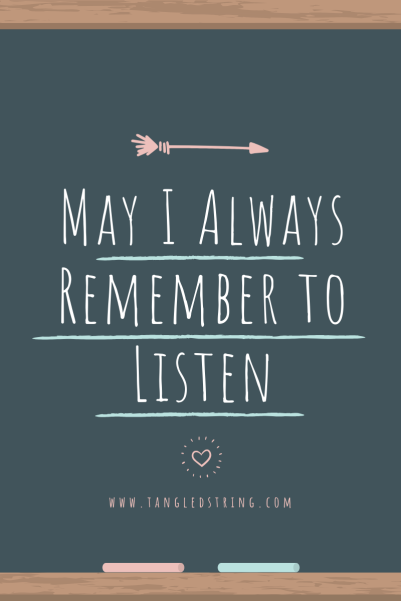
There are a lot of things that make teaching difficult. That’s not news to anyone who reads social media (or this blog), but the one element that weighs, emotionally, on teachers the most is the heaviness of student trauma. And I’m using “trauma” very liberally here. I’m generally including the times kids need a teacher to listen to them, to hug them, to console them, or to offer advice. There are times when, after a conversation, I am required by law to call CPS. There are times when, after a conversation, I go to the bathroom alone and cry myself. There are stories so wonderful that I smile all day, and there are stories so awful I can’t sleep at night.
The National Education Association recently suggested that this “Secondary Traumatic Stress” is a leading cause of teacher burnout. Officially, secondary traumatic stress (STS), defined by the National Child Trauma Stress Network is “the emotional duress that results when an individual hears about the firsthand trauma experiences of another.” As more articles surface about this, more and more teachers are beginning to identify the symptoms.
I’m thankful to teach in a district where the stories I hear are rarely, horrifically traumatic, though I know our counselors hear some. However, the general attending-to-teen-emotions, is, in itself, exhausting at best.
However, something I’ve been pondering lately is the courage it takes these students to share such details with me and the level of trust it requires. And this responsibility is not one I take lightly, nor do my coworkers.
Recently, a student turned in his descriptive writing piece with the subject line “Don’t show anyone.” In this piece he described, beautifully, another young man he had a crush on. It was so sweet and his description so innocent. As far as I know, this young man is not out at school. I’m not even sure he is at home. I was touched that he felt comfortable sharing this with me. And while I worry what his future holds, in this moment, I feel humbled to help him carry this secret.
In addition to being sworn to secrecy about crushes and break-ups, I have listened to stories of poverty, hunger, drugs, and abandonment. Sometimes these stories are in their pasts, but sometimes these things are their everyday lives.
One afternoon a student of mine from 2nd hour asked if he could spend 6th hour in my room. He had just recieved some bad news and was visibly upset. This normally jovial young man was sullen and withdrawn. I got the ok from his 6th-hour teacher and he plunked himself in one of my comfy chairs. I get along well with this kid, but felt kind of honored that he chose my room as a safe space.
And that’s what got me thinking about my role in student trauma. Of course, I wish the faces sitting in front of me never see or feel pain, but sadly, that’s not realistic. As I reflect on students over the years who have trusted me with the knowledge that they had no food for dinner, or that they are questioning their gender identity, or that their day was falling apart and they “don’t want to talk about it,” I hope that I never take these moments for granted.
I hope that I always remember how significant it is that these kids choose me to help carry their load. I hope that this load always feels real and significant to me, the way it does now.
To me, the adult who rolls their eyes or dismisses these confessions as a “phase,” is truly doing some damage. It doesn’t matter if the crying child before me is a 14-year-old who got dumped after a 3-week relationship. Those tears are real. That emotion is real. The feeling of loss is real. And I hope I always remember to treat it as such.
Because it’s one thing to put up a sign on your door that says, “This Room is a Safe Place,” and it’s another thing to truly act on that. To make your room safe for both large and small struggles – and celebrations too. To make it safe for talking, crying, laughing, and even just sitting, even if I can’t understand the pain. It’s a place to mourn a parent’s job loss and to celebrate newly received citizenship. A place to struggle with content and a place to rejoice in achievements accomplished.
While I hope that my words, my food donations, my money, my clothing, my phone calls and so much more have helped these students to grow, I know that they have absolutely helped me grow. They have shown me the depth of experience that resides in my room. And this is something I hope to never forget or get too busy for. This is why it is important for me to listen. I hope I always do, and I hope I continue to let these experiences to shape who I am and how I teach.

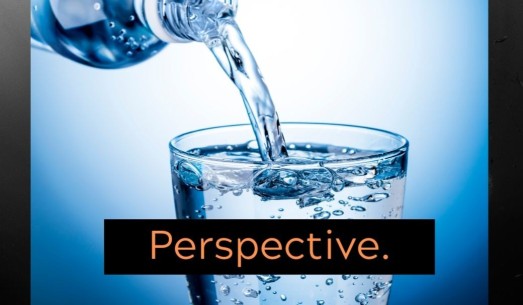
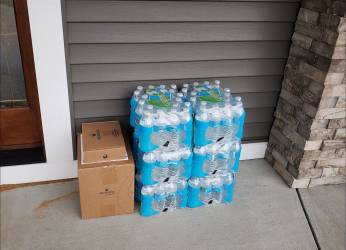 of left us on our own. There was no follow-up, no additional information about what, if anything, happens next, no 800 number to call with questions, no handouts, nothing. We were left to do our own research regarding the safety of our animals and livestock, our property value, another other in-home filtration systems, etc.
of left us on our own. There was no follow-up, no additional information about what, if anything, happens next, no 800 number to call with questions, no handouts, nothing. We were left to do our own research regarding the safety of our animals and livestock, our property value, another other in-home filtration systems, etc.  Until we have a chance to get the filters installed, yes cooking with bottled water IS a pain, but I am still lucky to live in a country that has testing and then a safe alternative. I’m also thankful the county gave us the water and filters for free. So what’s a bit of an inconvenience if it means an immediate solution?
Until we have a chance to get the filters installed, yes cooking with bottled water IS a pain, but I am still lucky to live in a country that has testing and then a safe alternative. I’m also thankful the county gave us the water and filters for free. So what’s a bit of an inconvenience if it means an immediate solution?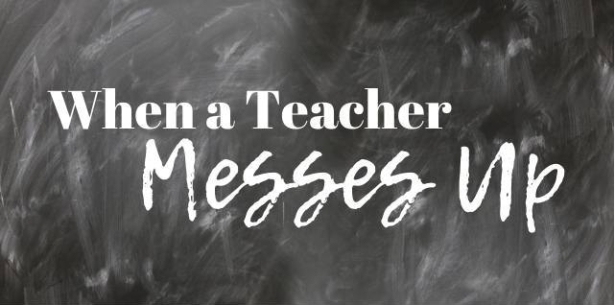
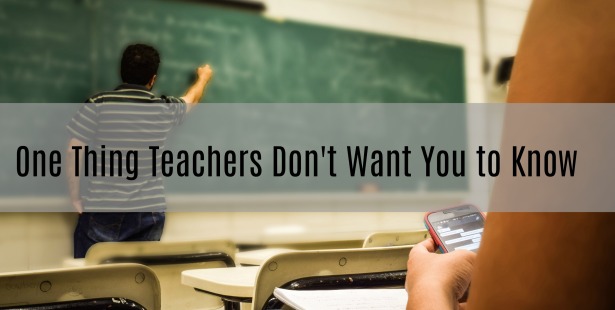
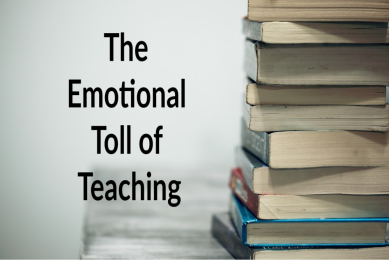 Whenever I post about teaching on Facebook, or chat with non-teacher friends, I try to only focus on the things about it that I love. I think non-teachers see enough teacher posts about low pay and working for free. I think non-teachers look at us and think “yeah, your life is so bad, tell me about your summers off.” Additionally, I don’t feel comfortable complaining about my job when I know that everyone has struggles. I don’t want anyone to mis-perceive that I’m suggesting that I have it worse, when many of us struggle.
Whenever I post about teaching on Facebook, or chat with non-teacher friends, I try to only focus on the things about it that I love. I think non-teachers see enough teacher posts about low pay and working for free. I think non-teachers look at us and think “yeah, your life is so bad, tell me about your summers off.” Additionally, I don’t feel comfortable complaining about my job when I know that everyone has struggles. I don’t want anyone to mis-perceive that I’m suggesting that I have it worse, when many of us struggle.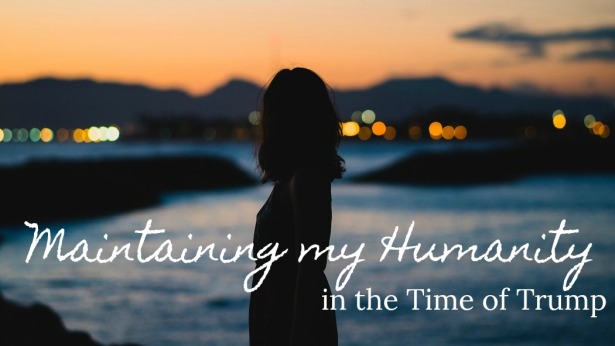
 is sharing an opinion I disagree with I now think to myself, “this is what Bro
is sharing an opinion I disagree with I now think to myself, “this is what Bro
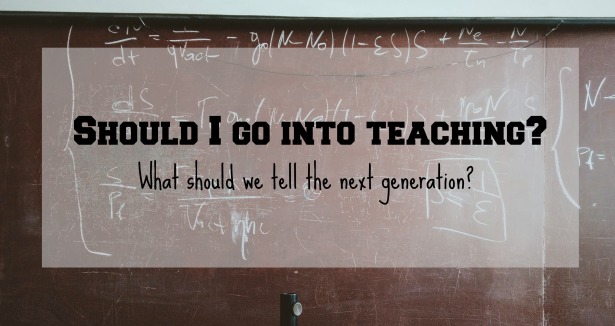
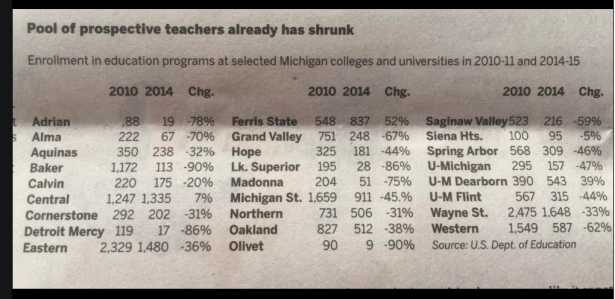
 Way, way back when I was in college, I applied for a job at a community center called The Black Child and Family Institute. The interview was tough and I was sure after I left that they hated me. Then a couple of weeks went by and I didn’t hear anything. I was young and not as well-versed in rejection as I am now, so I obsessed about it. I was sure they didn’t hire me because I was white, and I was okay with that because, I told myself, maybe there was a time when I did get an opportunity because I was white, but then they did call and I did get the job.
Way, way back when I was in college, I applied for a job at a community center called The Black Child and Family Institute. The interview was tough and I was sure after I left that they hated me. Then a couple of weeks went by and I didn’t hear anything. I was young and not as well-versed in rejection as I am now, so I obsessed about it. I was sure they didn’t hire me because I was white, and I was okay with that because, I told myself, maybe there was a time when I did get an opportunity because I was white, but then they did call and I did get the job.
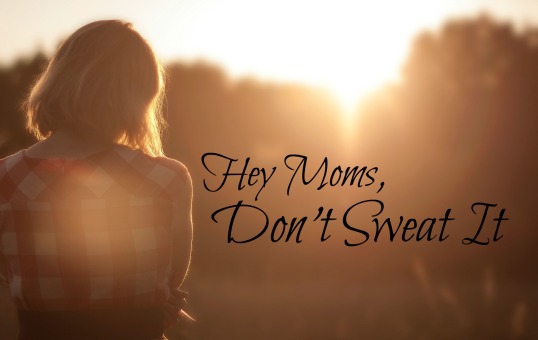 It was one of those Facebook “timehop” photos that started this. It was a picture of my now-seven-year-old back when he was only two or three. He was looking cute, as two and three-year-olds do, big smile, squinty eyes and in the caption for the photo I had written “never mind that he needs a haircut.” Then current self, as if I reading the work of some stranger, took a second look at the picture. Now, since I raised the child and remember how his hair grew non-stop beginning at birth, I could tell he was probably due for a trim, but as a person, many years removed from my old self I thought, “why the heck did you write that?” And this wasn’t the only time, I know I’ve added “ignore the mess” to many photos and I’ve added, “ignore my laugh” to many videos. I’ve seen others do it too.
It was one of those Facebook “timehop” photos that started this. It was a picture of my now-seven-year-old back when he was only two or three. He was looking cute, as two and three-year-olds do, big smile, squinty eyes and in the caption for the photo I had written “never mind that he needs a haircut.” Then current self, as if I reading the work of some stranger, took a second look at the picture. Now, since I raised the child and remember how his hair grew non-stop beginning at birth, I could tell he was probably due for a trim, but as a person, many years removed from my old self I thought, “why the heck did you write that?” And this wasn’t the only time, I know I’ve added “ignore the mess” to many photos and I’ve added, “ignore my laugh” to many videos. I’ve seen others do it too.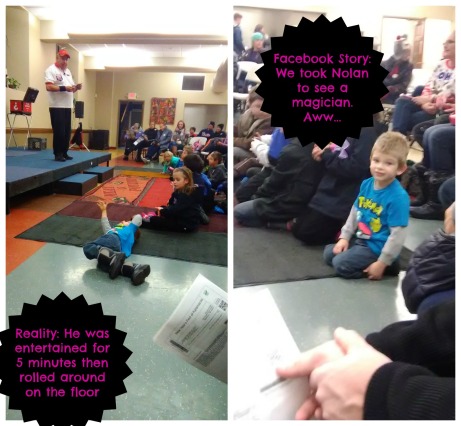
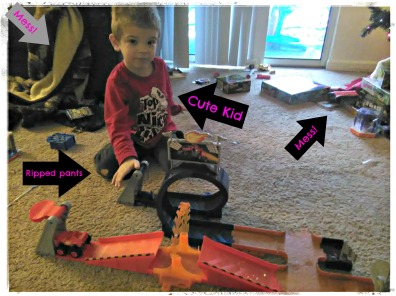 I am thrilled when I see pictures that show these moments because it reminds me that we’re all in the same boat and these pictures are
I am thrilled when I see pictures that show these moments because it reminds me that we’re all in the same boat and these pictures are